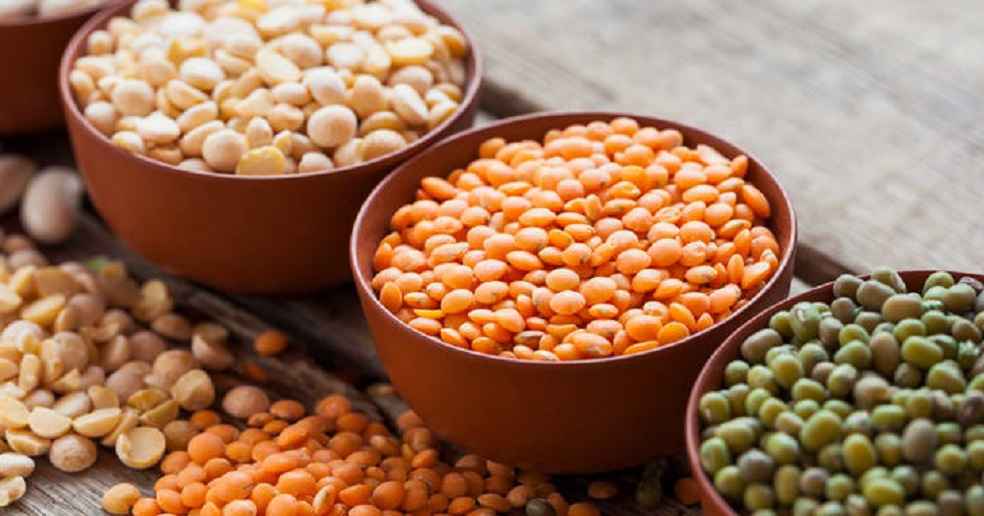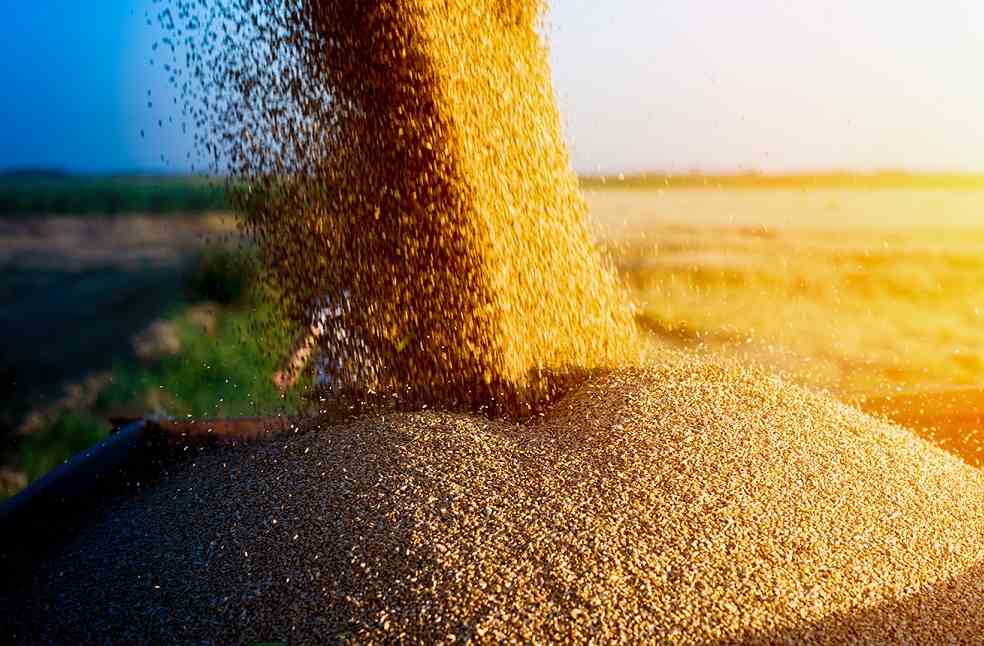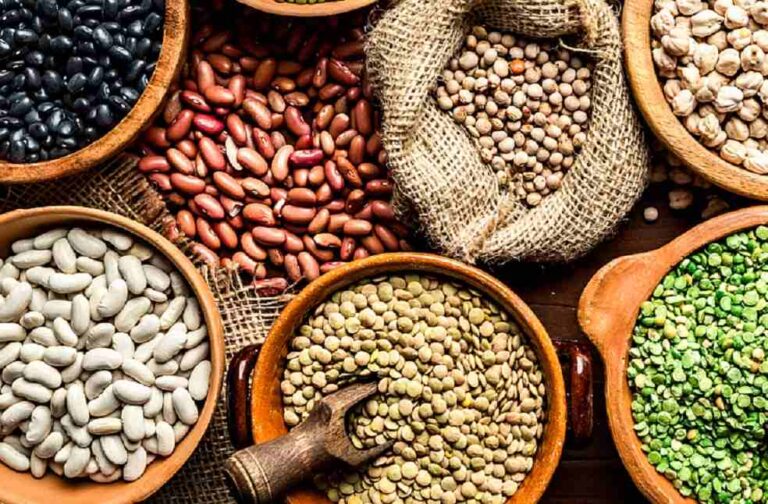The worldwide demand for pulses is on the rise, opening up new opportunities for both established and emerging market players. Rabobank’s recent report highlights the growing importance of pulses due to their environmental benefits, including improving soil quality and reducing greenhouse gases.
Despite their significance, pulses remain a niche segment in the global grains and oilseeds market. The report stresses the need for increased market transparency to attract investment, meet the growing demand, and boost trade volumes.

Key Drivers of Pulse Demand
Vito Martielli, Rabobank’s senior analyst for grains and oilseeds, identifies two main factors driving the global demand for pulses. In emerging markets, pulses are increasingly valued as an affordable and essential source of protein. Meanwhile, in developed countries, they are becoming a key ingredient in the expanding plant-based meat and dairy substitute industries.
Martielli explains, “Prices are volatile and there is a lack of transparency in the price discovery process. In addition, there are few sources of data to provide market insights at a global level. Consequently, creating more market transparency will be the key to attracting investment to the industry, meeting the growing demand for pulses, and improving trade volumes and market functionality.”

Growth in Global Pulse Trade
Since 2015, global trade in pulses has grown by 29%, with a compound annual growth rate (CAGR) of 3% projected from 2015 to 2024. By the end of 2024, Rabobank anticipates global pulse trade will reach about 21 million metric tons, representing 20% of the world’s pulse production.
Dry peas, chickpeas, and lentils are expected to account for 68% of this trade volume. While the market remains concentrated, new key players are emerging on the global stage.
Emerging Players in the Market
Russia has expanded its share of dry pea exports, and Argentina has become a key exporter of various beans. Turkey is now a central hub for processing and distributing pulses across the Middle East and North Africa, while Egypt has become the world’s largest importer of fava beans.
IMEX SECTOR | Chinese Imports Hurting Indian MSMEs: GTRI Report



